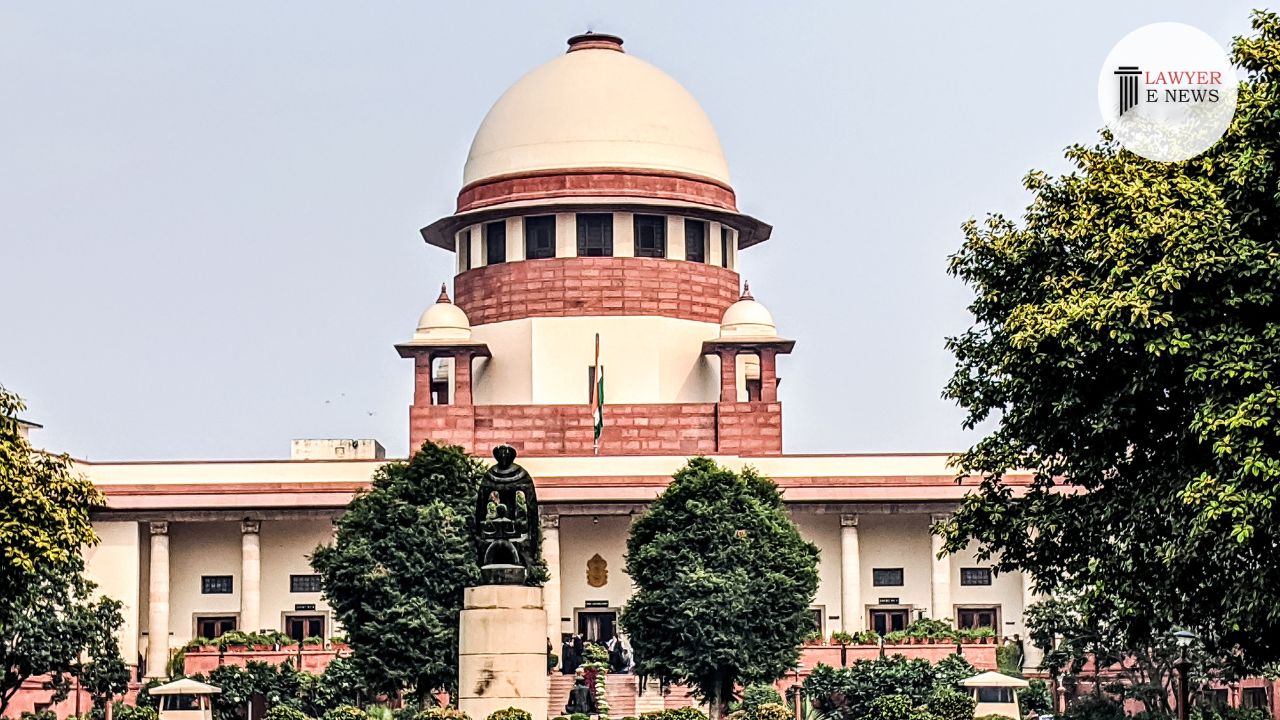-
by Admin
16 February 2026 1:47 PM



In a significant ruling, the Supreme Court of India has upheld the exclusion of the training period for the determination of seniority in the recruitment of Assistant Conservator of Forests (ACF) in Maharashtra. The court categorically stated that "training cannot be considered for seniority," settling a longstanding dispute between direct recruits and promotees regarding inter se seniority.
The judgment was delivered by a bench comprising Justice Sanjay Kishan Kaul and Justice Abhay S. Oka on March 15, 2023. The court carefully examined the relevant recruitment rules, government resolutions, and legal provisions to arrive at its decision.
The dispute revolved around the interpretation of the Assistant Conservator of Forests in the Maharashtra Forest Service, Group A (Junior Scale) (Recruitment) Rules, 1998, and the Divisional Forest Officer (in Maharashtra Forest Service, Class I) (Recruitment) Rules, 1984. The appellants, who were direct recruits, contended that the period of training should be considered as part of their service for determining seniority.
However, the court emphasized the significance of the Proviso to Rule 2 of the 1984 Rules, which explicitly stated that the period spent on training and probation shall not be counted towards the requisite period of service. The bench reiterated that government resolutions, even if they provide monetary compensation for the training period, cannot override statutory rules.
In its observations, the court clarified that the appointment process for ACF involved recruitment, followed by training and probation. The court emphasized that the Proviso to Rule 2 of the 1984 Rules served a clear purpose and could not be rendered redundant. It further emphasized that the resolution regarding payment during training did not determine seniority or promotion to the post of Divisional Forest Officer (DFO).
The court referred to relevant judgments, including R.S. Ajara & Ors. v. State of Gujarat and Prafulla Kumar Swain v. Prakash Chandra Misra & Ors., to support its conclusion. It highlighted that the determination of seniority must be governed by the applicable rules and not general principles.
Supreme Court upheld the judgment of the High Court, dismissing the appeal. The court maintained that the applicable rules unequivocally excluded the training period for the computation of service for determining seniority.
This judgment brings clarity to the long-standing dispute between direct recruits and promotees in the ACF recruitment process. The exclusion of the training period from the seniority calculation ensures a fair and consistent approach in the promotion and career progression of ACF officers in Maharashtra.
Date of Decision: March 15, 2023
ASHOK RAM PARHAD & ORS. vs THE STATE OF MAHARASHTRA & ORS.
